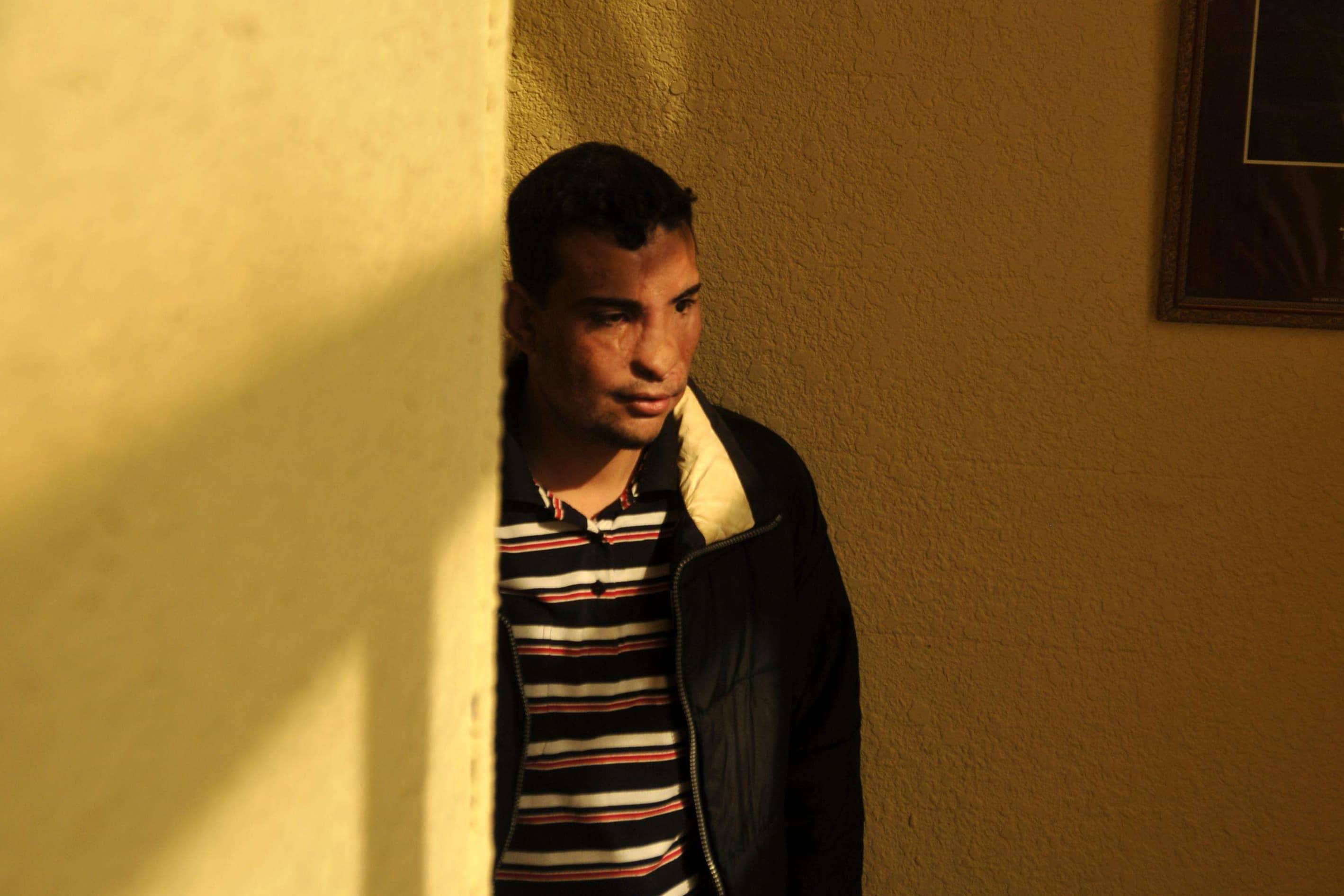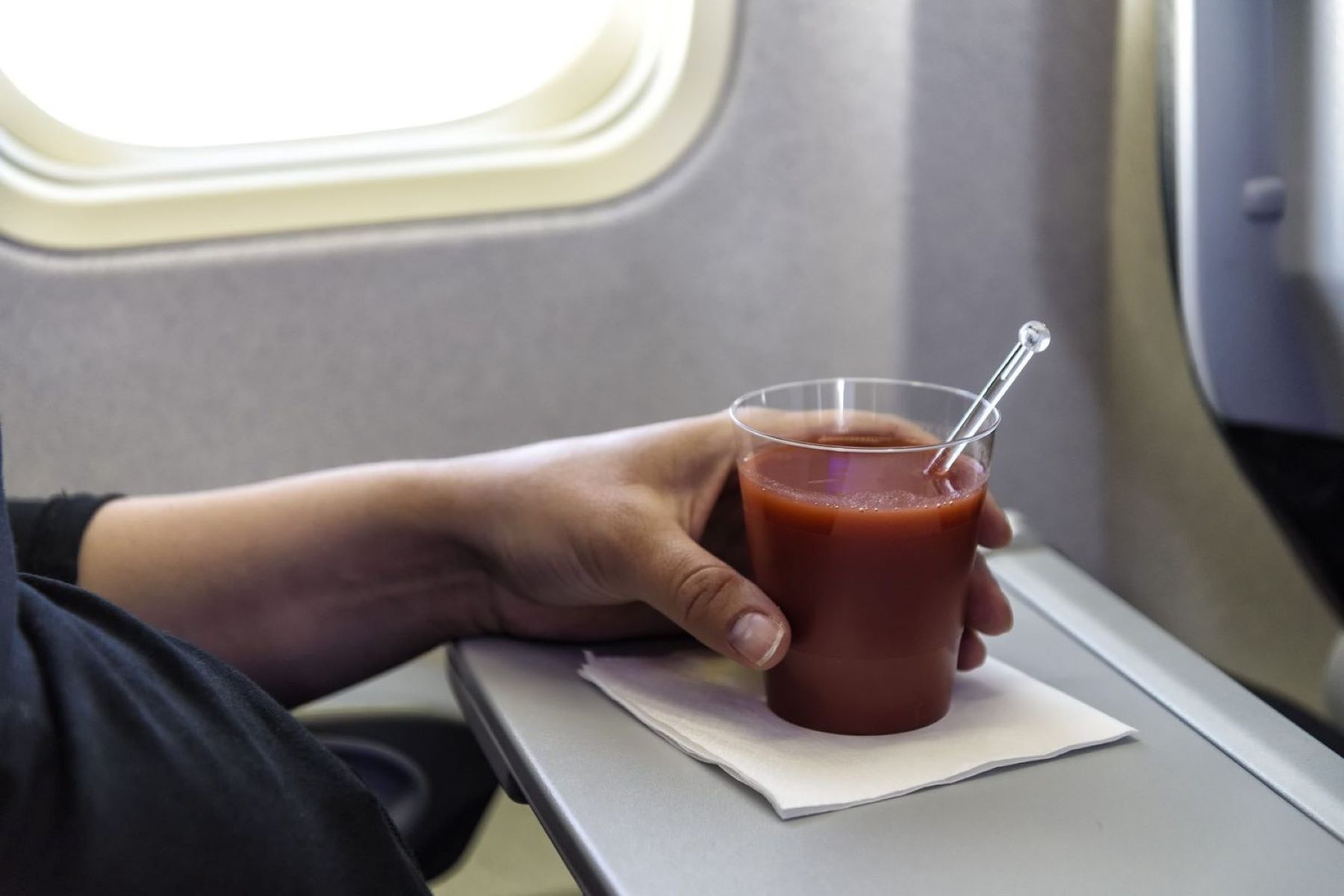
Who was Qusay Hussein? Qusay Hussein, the second son of Saddam Hussein, played a significant role in Iraq's political landscape. Born in 1966, he was known for his involvement in the Iraqi military and security forces. Unlike his older brother Uday, Qusay maintained a lower profile but wielded considerable power. He controlled the elite Republican Guard and the Special Security Organization, making him a key figure in Saddam's regime. His influence extended to overseeing Iraq's internal security, intelligence, and military operations. Qusay's life ended abruptly in 2003 during a U.S. raid in Mosul. His legacy remains a subject of intrigue and controversy, reflecting the complexities of Iraq's history.
Key Takeaways:
- Qusay Hussein, son of Saddam Hussein, rose to power in Iraq through military and political roles, but his downfall came during the U.S. invasion in 2003, marking the end of an era.
- Qusay's legacy remains controversial, with opinions divided on his impact. He was known for his intelligence, athletic abilities, and passion for family, sports, and technology.
Early Life and Background
Qusay Hussein, the second son of Saddam Hussein, played a significant role in Iraq's political landscape. Let's delve into some intriguing facts about his early life and background.
- Born on May 17, 1966, in Baghdad, Iraq, Qusay was the second son of Saddam Hussein and Sajida Talfah.
- He grew up in a privileged environment, surrounded by wealth and power due to his father's position as the President of Iraq.
- Qusay attended the Al-Karkh High School in Baghdad, where he was known for his intelligence and athletic abilities.
- He later pursued higher education at the University of Baghdad, earning a degree in engineering.
- Unlike his older brother Uday, Qusay was considered more reserved and less flamboyant, often staying out of the public eye.
Rise to Power
Qusay's ascent to power was marked by his involvement in Iraq's security and military operations. Here are some key facts about his rise to prominence.
- In the 1990s, Qusay was appointed as the head of the Iraqi Republican Guard, an elite military unit responsible for protecting the regime.
- He played a crucial role in suppressing the 1991 uprisings in southern Iraq, demonstrating his loyalty to his father's regime.
- Qusay was also in charge of the Special Security Organization (SSO), which oversaw Iraq's internal security and intelligence operations.
- His control extended to the Iraqi Intelligence Service (Mukhabarat), giving him significant influence over the country's security apparatus.
- By the late 1990s, Qusay was considered the second most powerful man in Iraq, after his father.
Personal Life
Qusay's personal life was relatively private, but some details have emerged over the years. Let's explore some facts about his family and personal interests.
- Qusay married Sahar Maher Abd al-Rashid, the daughter of a prominent Iraqi general.
- The couple had three children: a son named Mustafa and two daughters.
- Qusay was known to be a devoted family man, often spending time with his wife and children.
- He had a passion for sports, particularly soccer, and was an avid supporter of the Iraqi national team.
- Despite his powerful position, Qusay preferred a low-profile lifestyle, avoiding the limelight as much as possible.
Role in the Regime
Qusay's role in Saddam Hussein's regime was multifaceted, involving both military and political responsibilities. Here are some facts about his contributions to the regime.
- He was instrumental in maintaining the regime's grip on power through his control of the Republican Guard and security forces.
- Qusay oversaw the implementation of harsh measures against political dissidents and opposition groups.
- He played a key role in managing Iraq's oil revenues, ensuring that the regime remained financially stable.
- Qusay was involved in the development and maintenance of Iraq's weapons of mass destruction programs.
- He was considered a potential successor to his father, with many believing he would eventually take over the presidency.
Downfall and Death
Qusay's life came to a tragic end during the U.S. invasion of Iraq in 2003. Here are some facts about his downfall and death.
- In March 2003, the United States launched a military invasion of Iraq, aiming to overthrow Saddam Hussein's regime.
- Qusay went into hiding with his brother Uday and other family members as coalition forces advanced.
- On July 22, 2003, U.S. forces received intelligence about Qusay and Uday's whereabouts in Mosul, Iraq.
- A fierce gun battle ensued, resulting in the deaths of Qusay, Uday, and Qusay's 14-year-old son Mustafa.
- Their deaths marked a significant blow to the remnants of Saddam Hussein's regime.
Legacy and Impact
Qusay Hussein's legacy remains controversial, with opinions divided on his impact on Iraq's history. Here are some facts about his legacy and the aftermath of his death.
- Qusay's death, along with Uday's, symbolized the collapse of Saddam Hussein's regime and the end of an era in Iraq.
- Some Iraqis viewed Qusay as a ruthless enforcer of his father's oppressive policies, while others saw him as a stabilizing force.
- The U.S. government offered a $15 million reward for information leading to the capture or death of Qusay and Uday.
- Qusay's death was confirmed through DNA testing conducted by U.S. authorities.
- The fall of Saddam Hussein's regime led to significant political and social changes in Iraq, with Qusay's role in the regime being a subject of historical analysis.
Interesting Tidbits
Beyond his political and military roles, Qusay's life had some lesser-known aspects. Here are a few interesting tidbits about him.
- Qusay was known to have a keen interest in technology and often kept up with the latest advancements.
- He was an avid reader, with a particular interest in history and military strategy.
- Qusay's favorite hobby was horseback riding, and he owned several prized horses.
- He was fluent in English, having studied the language extensively during his education.
- Despite his reserved nature, Qusay was known to have a close circle of friends and confidants.
Controversies and Criticisms
Qusay Hussein's life was not without controversies and criticisms. Here are some facts about the contentious aspects of his life and career.
- He was accused of overseeing brutal crackdowns on political dissidents, leading to widespread human rights abuses.
- Qusay's involvement in Iraq's weapons of mass destruction programs drew international condemnation.
- He was implicated in the mismanagement and embezzlement of Iraq's oil revenues, enriching himself and his family.
- Qusay's role in the suppression of the 1991 uprisings in southern Iraq resulted in thousands of deaths and widespread destruction.
- His potential succession to the presidency was a source of concern for many Iraqis, who feared a continuation of his father's oppressive policies.
Final Thoughts on Qusay Hussein
Qusay Hussein's life was marked by power, privilege, and controversy. As Saddam Hussein's younger son, he held significant influence in Iraq, controlling the elite Republican Guard and the country's security apparatus. Known for his ruthless tactics, Qusay played a key role in suppressing uprisings and maintaining his father's regime. Despite his power, he lived in the shadow of his more flamboyant brother, Uday. Qusay's life came to a violent end in 2003 when U.S. forces killed him during the Iraq War. His death marked the fall of one of Iraq's most feared figures. Understanding Qusay's life offers a glimpse into the inner workings of Saddam Hussein's regime and the complexities of Iraqi politics during that era. His story serves as a reminder of the impact of absolute power and the eventual downfall that often accompanies it.
Frequently Asked Questions
Was this page helpful?
Our commitment to delivering trustworthy and engaging content is at the heart of what we do. Each fact on our site is contributed by real users like you, bringing a wealth of diverse insights and information. To ensure the highest standards of accuracy and reliability, our dedicated editors meticulously review each submission. This process guarantees that the facts we share are not only fascinating but also credible. Trust in our commitment to quality and authenticity as you explore and learn with us.


